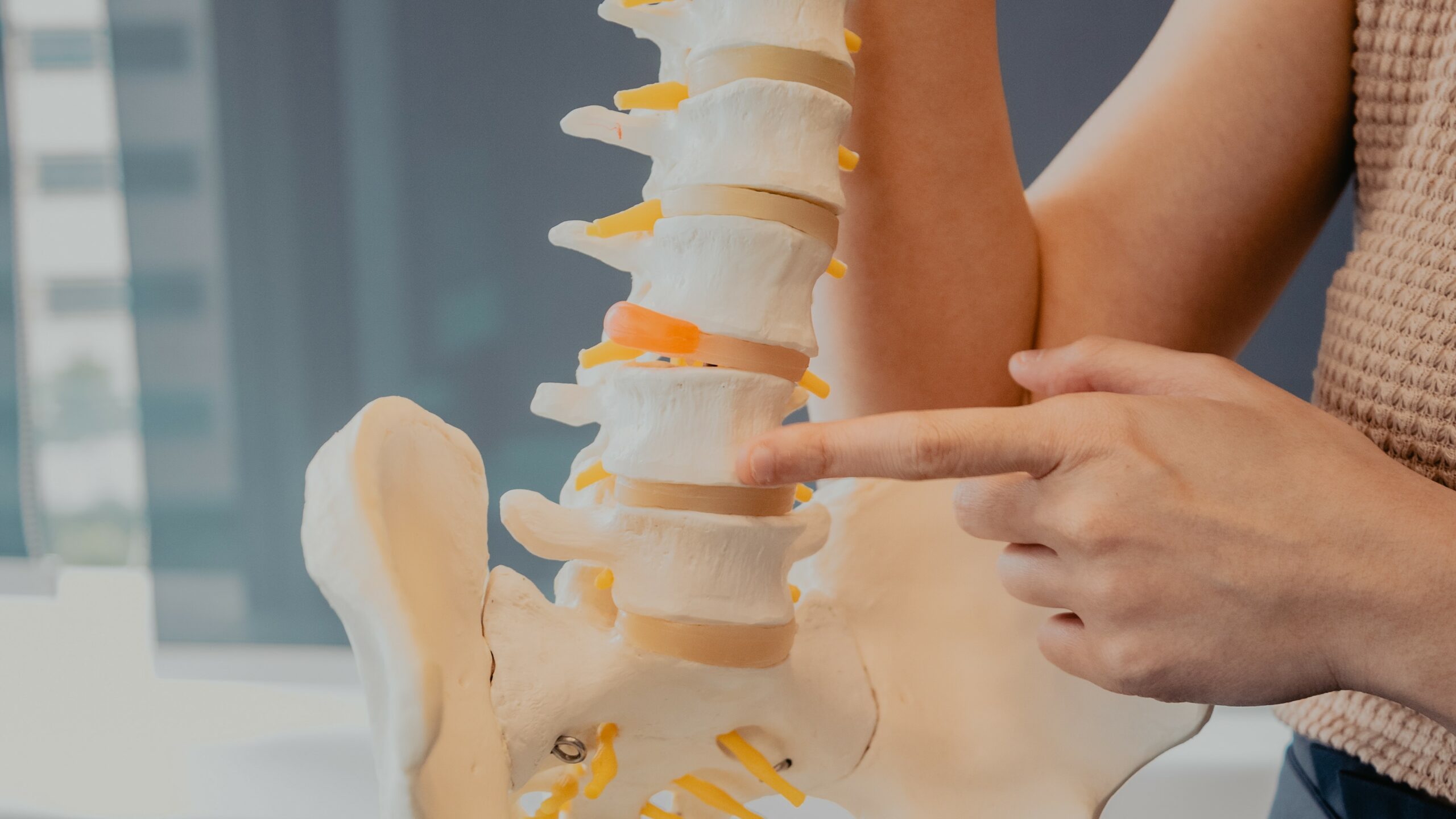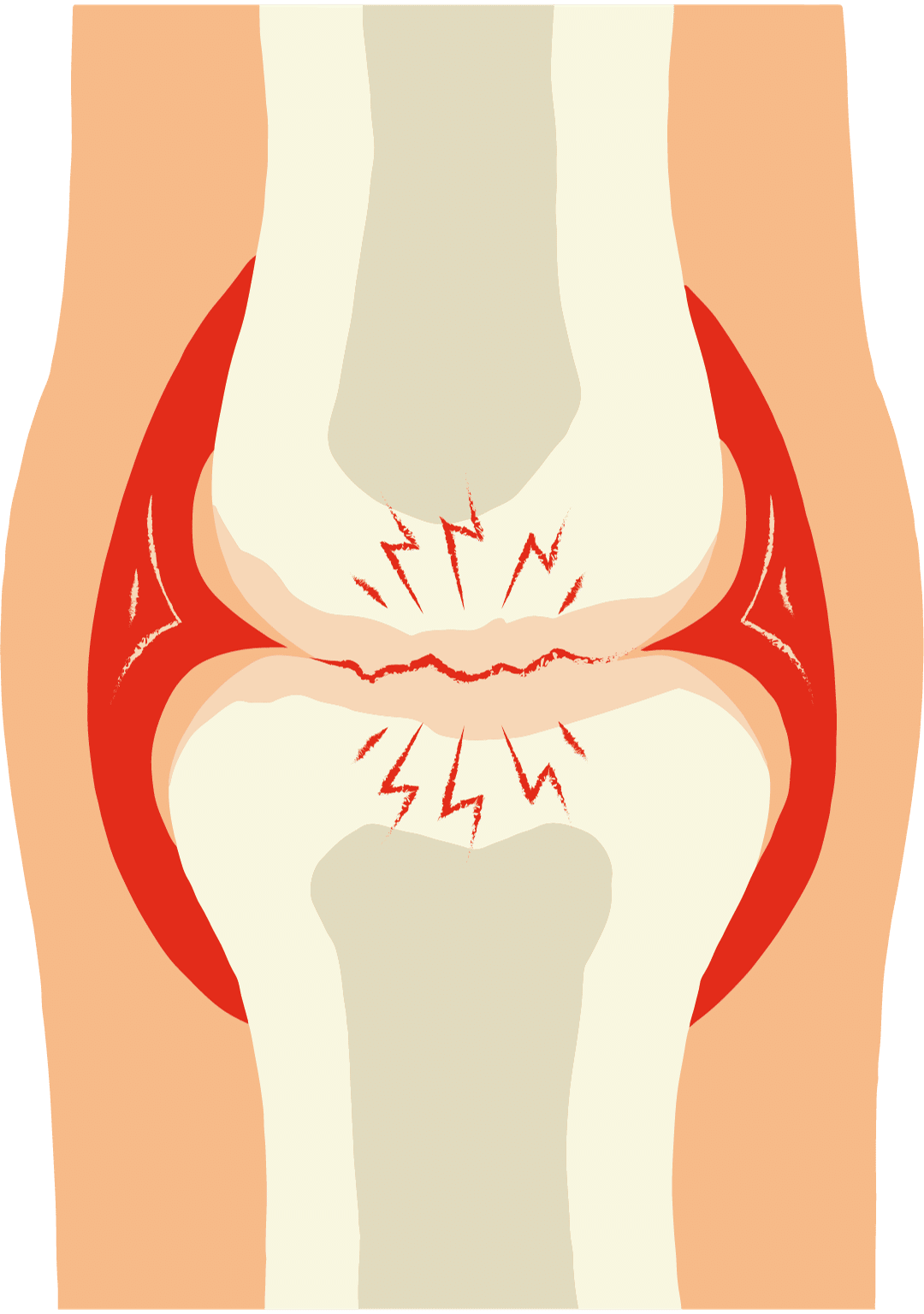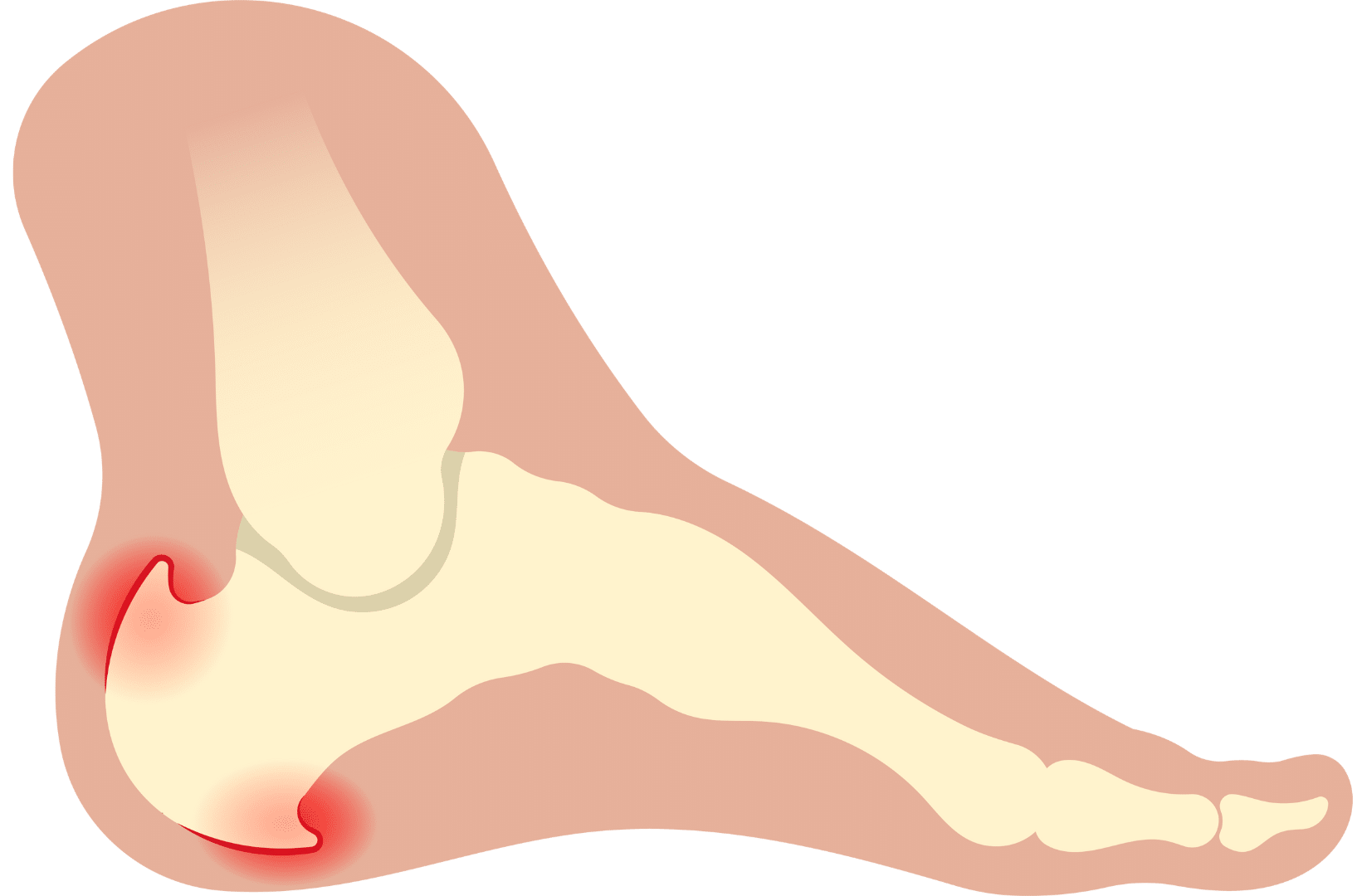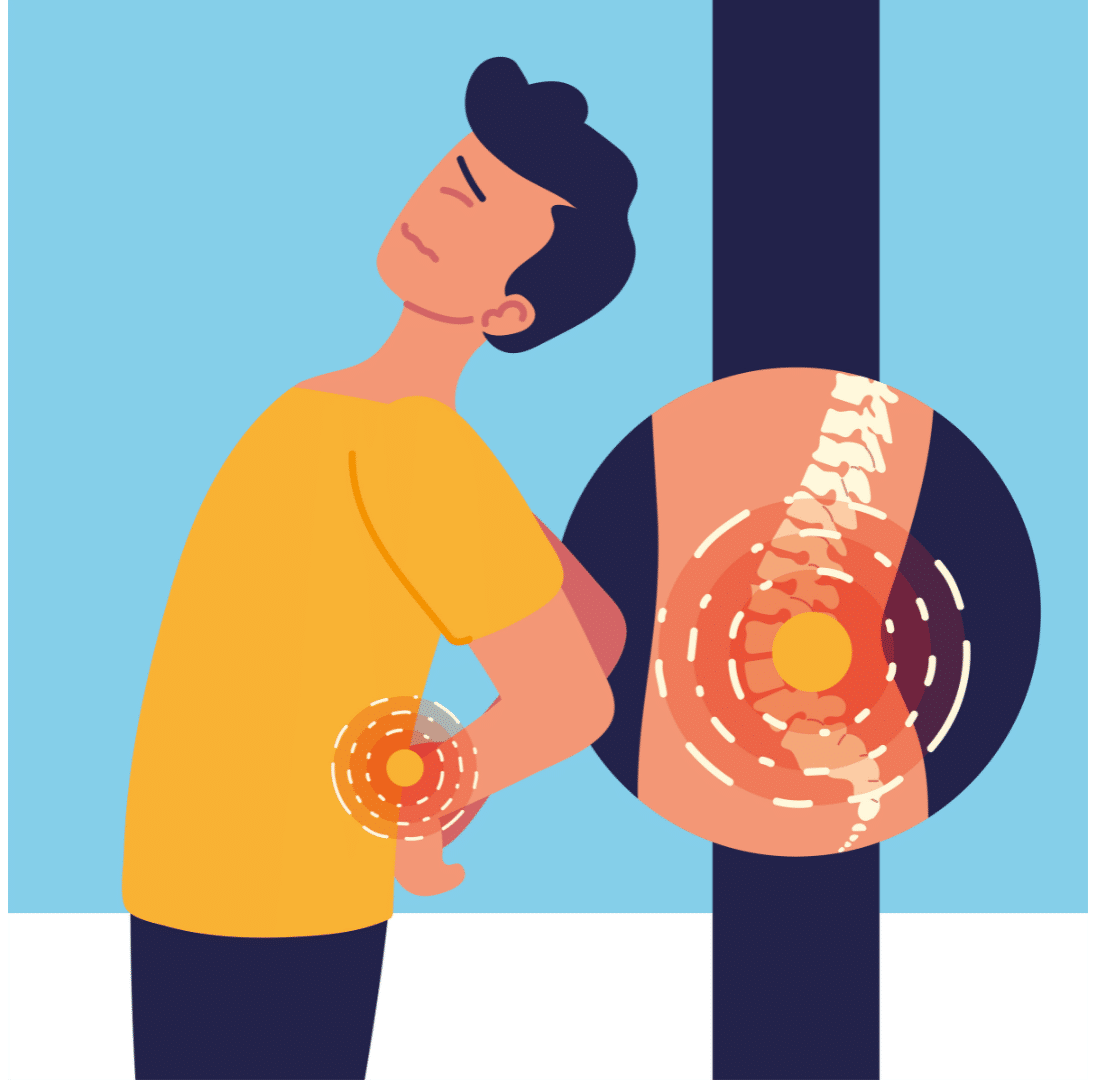Arthritis – Causes & how to relieve it
Arthritis can be a source of chronic pain, discomfort, and reduced mobility, leading individuals to seek various remedies. Let's delve in.


Arthritis, a common yet often misunderstood condition, affects millions of people worldwide.
Read on as we delve into the world of arthritis, the common types, early warning signs, causes, and potential remedies. Let’s embark on this journey to better understand arthritis and the potential benefits of chiropractic care.

Arthritis is a term that encompasses a group of over 100 joint-related conditions, and it can affect people of all ages and backgrounds. The common denominator among these conditions is joint inflammation, which can lead to pain, stiffness, and decreased joint function. Arthritis often results in joint damage, affecting the quality of life for those afflicted by it.
Rheumatoid arthritis is an autoimmune disorder that causes the immune system to mistakenly attack the synovium, the lining of the membranes that surround the joints. This persistent inflammation can damage cartilage and bones and may even affect other parts of the body. Rheumatoid arthritis often leads to pain, swelling, and deformities in the affected joints.



Recognising the early warning signs of arthritis is crucial for early intervention and effective management. Some common symptoms to watch out for include:
If you experience any of these symptoms persistently, it’s essential to consult a healthcare professional for a thorough evaluation.
Osteoarthritis is often linked to ageing, as the wear and tear on joints accumulate over time. However, other forms of arthritis can affect people of all ages.
The idea that walking barefoot causes arthritis is a common misconception. Walking barefoot is a natural and healthy activity that allows the feet to move freely and can strengthen the muscles, tendons, and ligaments in the feet. While walking on hard or uneven surfaces without proper support might lead to foot pain or other issues, it is not a direct cause of arthritis in the joints.
Arthritis is considered a degenerative condition because it often leads to the progressive deterioration of joint structures, such as cartilage and bone. However, the rate of degeneration can vary among individuals and depends on factors like the type of arthritis, genetics, and the effectiveness of treatment.

Exercise is a fundamental component of managing arthritis. Engaging in regular physical activity can help improve joint mobility and reduce pain. Here are some exercises that you can try to relieve arthritis pain:
 These exercises aim to maintain and improve joint flexibility. Examples include gentle stretches and movements that take your joints through their full range of motion.
These exercises aim to maintain and improve joint flexibility. Examples include gentle stretches and movements that take your joints through their full range of motion.
 Strengthening the muscles around your joints can provide added support and stability. Resistance exercises using bands or weights can help strengthen these muscles.
Strengthening the muscles around your joints can provide added support and stability. Resistance exercises using bands or weights can help strengthen these muscles.
 These mind-body exercises can improve balance, flexibility, and strength while also promoting relaxation.
These mind-body exercises can improve balance, flexibility, and strength while also promoting relaxation.
Before starting any exercise regimen, it’s crucial to consult with a healthcare provider or a physiotherapist. They can provide guidance on the most suitable exercises for your specific type of arthritis and individual needs. It may be beneficial to consult with both a chiropractor and a physiotherapist who can work together on your case. Chiropractic Singapore works closely with our sister brand, City Osteopathy & Physiotherapy, so that we are able to tailor the most suitable care plan for your condition, so rest assured that you are in safe & capable hands when you come to us.

Generally, chiropractors will assess your condition and develop a management plan tailored to your specific needs. The number of chiropractic sessions required to feel better can vary widely depending on several factors.
he number of chiropractic sessions needed to feel better can be significantly influenced by the severity of your arthritis. Mild cases may require fewer sessions for noticeable improvement, while more severe forms of arthritis may necessitate a more extended care plan to achieve relief and enhance mobility.
Your general health and well-being play a crucial role in determining the duration of chiropractic care needed. A healthier lifestyle, a well-balanced diet, and regular exercise can complement chiropractic sessions, potentially reducing the number of visits required to address arthritis-related discomfort.
Individual responses to chiropractic care can vary. Some people may experience rapid relief after just a few sessions, while others might require a longer series of adjustments to achieve their desired level of comfort. Your body’s unique response to chiropractic adjustments is a key factor in determining the duration of care.
Lifestyle choices, such as ergonomic improvements in your workspace, posture, and the incorporation of recommended exercises into your daily routine, can have a significant impact on your recovery. Taking an active role in managing your arthritis through lifestyle changes can influence the number of chiropractic sessions needed to feel better, potentially reducing the overall care timeline.
In many cases, initial treatment may involve more frequent sessions to address acute pain and discomfort. As your condition improves, the frequency of sessions may decrease. Chiropractors typically work with patients to establish realistic goals and plan accordingly.
It’s important to maintain open communication with your chiropractor and provide feedback on how you’re feeling during and between sessions. This way, your sessions can be adjusted as needed to ensure the best possible outcome.
While living with arthritis can be challenging, it’s important to understand that arthritis is indeed manageable, and there are various effective approaches to improve your quality of life. Managing arthritis typically involves a combination of lifestyle adjustments, medical treatments, and personalised care plans.
At Chiropractic Singapore, our team of experienced professionals specialises in diagnosing and addressing arthritis-related issues. We understand the importance of a comprehensive approach to managing arthritis, which may include adjustments, physical therapy, personalised exercises, and adaptive strategies to make daily activities easier.
We invite you to schedule a consultation at one of our four convenient locations for a thorough assessment and personalised management plan. Taking the first step towards managing arthritis can significantly improve your overall well-being.
Note: The above information is not a substitute for a diagnosis or any form of medical care. Symptoms and treatments differ from person to person, and one should consult a chiropractor or a medical professional for an accurate diagnosis and recommendation.
Enjoy $55 off your first check-up (U.P. $105) using the promo code ONLINE50 at check-out.
Enter your e-mail to start the booking process.
Note: X-rays and the first adjustment are not included in this promotion. For the safety of our patients, there will be no adjustments during the first visit.
CELEBRATE WORLD HEALTH DAY WITH US
Enjoy $67 off your first check-up (U.P. $105) using the promo code HEALTH38 at check-out.
Enter your e-mail to start the booking process.
Note: X-rays and the first adjustment are not included in this promotion. For the safety of our patients, there will be no adjustments during the first visit.